Systems change Initiative to reduce physical inactivity – officially launched as a charity
2024 WSYD Moving Symposium attendees
On the 21 November 2024 Western Sydney Moving (WSYD Moving) was officially launched as a Health Promotion Charity at the WSYD Moving Symposium, held at CommBank Stadium, Parramatta.
WSYD Moving is a whole-of-system initiative designed to address inactivity and inequity in Western Sydney.
At Collective Leisure we are passionate about supporting underserved communities, but we recognise that inactivity and inequity continue to grow. That’s why, in June 2022, we launched WSYD Moving – as a ‘movement for movement’.
WSYD Moving is now a coalition of over 250 practitioners, researchers and academics from 102 organizations, all dedicated to improving health, physical activity, and sport outcomes, with focus on reducing inactivity in Western Sydney.
All work to date has been pro bono on WSYD Moving. Now the initiative has transitioned from an initiative of Collective Leisure to its own entity, a charity.
David Burns has stepped in to the role of Convenor at WSYD Moving, with the charities mission to support and connect the Western Sydney system to improve population health by tackling inactivity and inequity.
David continues to lead the Collective Leisure team delivering ‘boots on the ground’ programs for underserved communities in Western Sydney and other parts of NSW.
For further background on the WSYD Moving journey here’s an article David wrote a year ago, prior to the Inaugural 2023 WSYD Moving Symposium. WSYD Moving - the prelude!
WSYD Moving Symposium 2024
The event was attended by 165 people from across the system with 40 speakers sharing their insights on the day.
Photos of the day can viewed here.
Media Release (21 November 2024)
Western Sydney faces higher rates of physical inactivity and associated health risks, new report reveals
Western Sydney is grappling with a physical inactivity crisis, with over 40 per cent of adults insufficiently active - compared to less than 30 per cent in other parts of Sydney - according to a new report from Western Sydney University’s Centre for Western Sydney and WSYD Moving.
Launched today, the report Tackling Inactivity and Inequity in Western Sydney: A Systems Approach sheds light on the barriers faced by Western Sydney communities and outlines a plan to create more equitable health outcomes through active lifestyles.
Australian Heart Foundation data estimates that insufficient exercise is a risk factor for 72 to 76 per cent of heart disease in Western Sydney, compared to 52 to 65 per cent in the rest of Sydney.
Furthermore, Western Sydney residents suffer from higher rates of diabetes, obesity, and heart disease with approximately 13 per cent of the Western Sydney population estimated to have Type 2 diabetes.
Physical inactivity costs the Western Sydney economy approximately $1.5 billion per annum in health burden, lost productivity, and mortality.
The report provides five key recommendations to address systemic barriers and leverage the strengths of the Western Sydney region:
Adopt a systems approach to combat inactivity in Western Sydney
Prioritise a preventive health agenda centred on active lifestyles
Address cultural and community-specific barriers to activity
Invest in and activate spaces in the most marginalised areas
Empower systems leadership at the local level
Co-author of the report, Dr Angela Smith from Western Sydney University’s Centre for Western Sydney, said that the findings of the report indicate that Western Sydney residents encounter various inequities and obstacles to engaging in physical activity.
“These disparities are tied to structural barriers such as socioeconomic status, time pressures, cost of living challenges, care responsibilities, and limited access to inclusive recreational spaces and programs to cater to Western Sydney’s diverse population,” said Dr Smith.
“Western Sydney residents face other barriers such as poor transport connectivity, limited walkability, and high heat vulnerability.”
Lead author of the report, David Burns from WSYD Moving, emphasised the importance of a coordinated, multi-stakeholder approach to tackle this entrenched issue.
“Physical activity is ultimately an equity issue. It’s not just about individual choice; it’s about how the system works. Our report is a call for greater cross-sector collaboration,” said Mr Burns.
“This is an issue that demands strategic investment to ensure that everyone can enjoy the benefits of sport, recreation and physical activity.”
To download the full report, please visit the website here.

